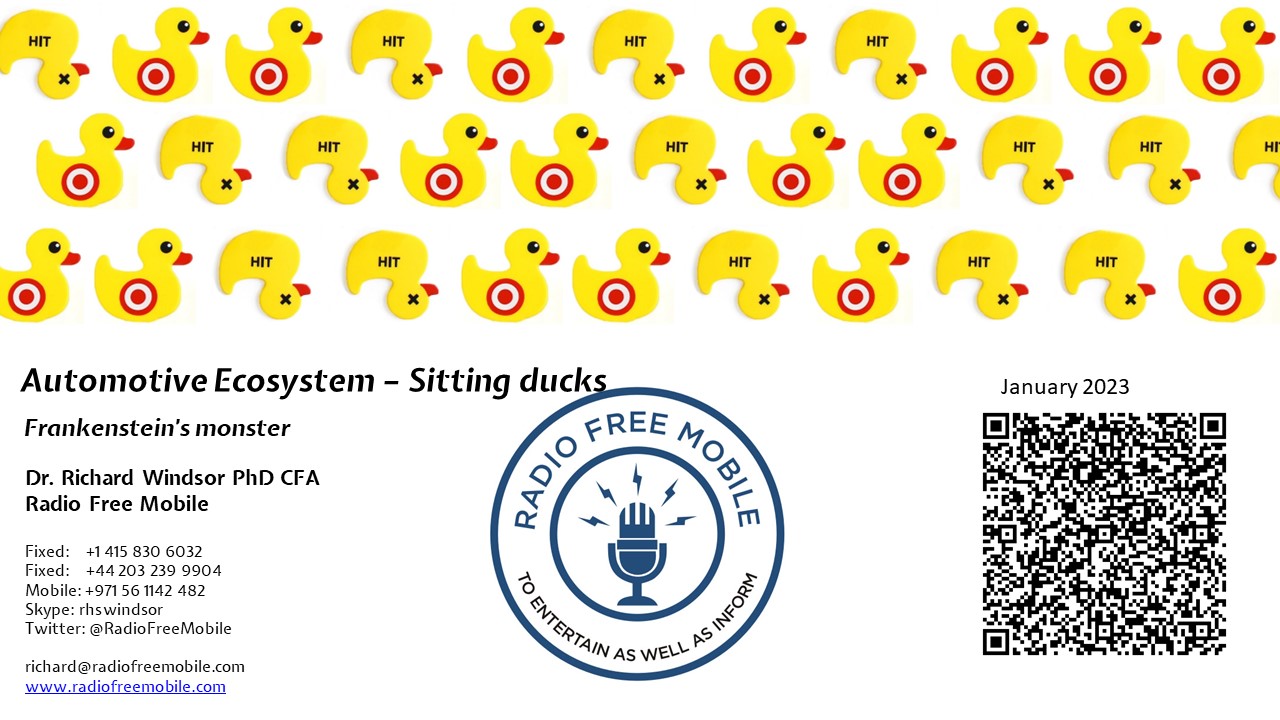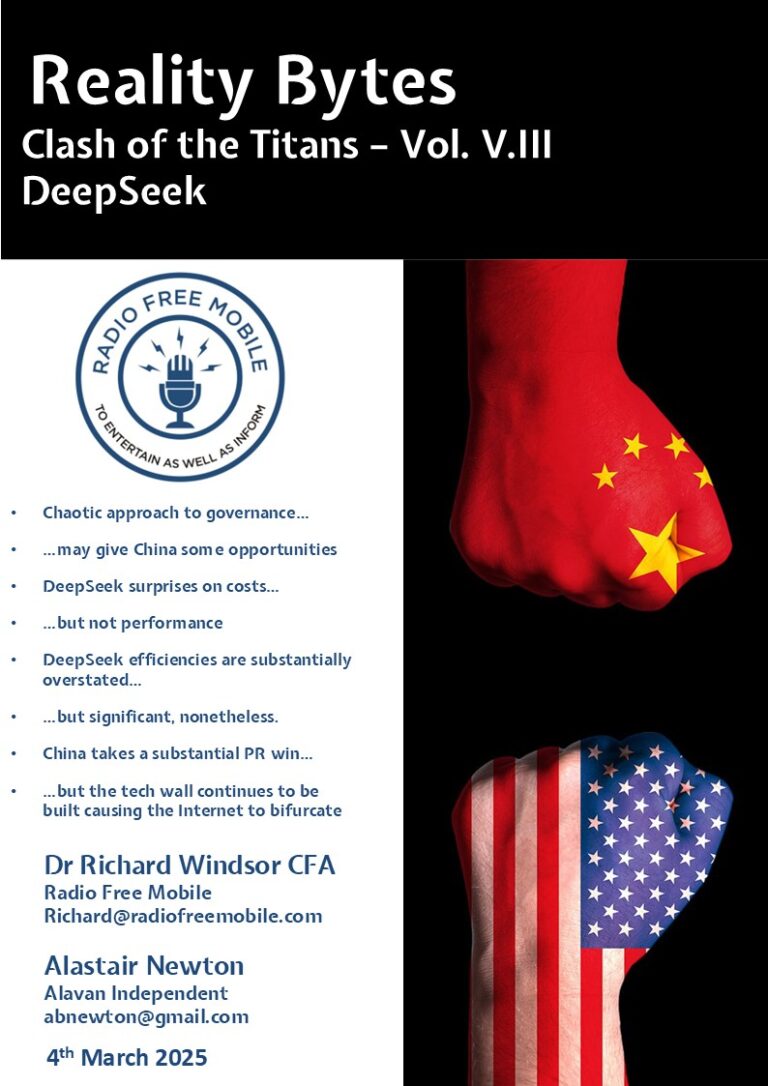January 30th 2023: RFM deepens its coverage of the digital automotive ecosystem with the publication of Automotive Ecosystems – Sitting ducks Vol. III – Frankenstein’s monster.
RFM research subcribers will receive their copy by email.
Software is an existential issue for OEMs. Fragmentation and a poor user experience are the most pressing problems that need to be dealt with if OEMs are to be relevant in the digital vehicle. The execution of the digital ecosystems is currently far superior meaning that they are winning the hearts and minds of users. OEMs need to reverse this trend or face becoming commodity box-shifters enabling the digital ecosystems to suck almost all the value out of yet another industry.
- Life or death dilemma. Vehicle demand could halve over the next 20 years leaving OEMs needing new sources of revenue. RFM thinks that digital services are the best option, but this requires OEMs to achieve digital relevance in the vehicle. Software is the key.
- ADAS & Digital cockpit are the two domains that really matter as these are the two segments of the vehicle that interface directly with the user. Hence, the battle for the digital ecosystem will be fought almost entirely in software and these two domains.
- Frankenstein’s monster. The complexity of the vehicle and the OEMs’ desire to retain control raises the likelihood that vehicle software becomes very fragmented. This is terrible news for the user experience and the ability of 3rd parties to bring their services into vehicles.
- User experience: No one offers a great user experience for the vehicle but crucially, Apple, Google and Tesla are a lot better than the OEMs. This is a serious problem that if not rectified will result in OEMs becoming app developers in their own vehicles and little more.
- Industry consortia are supposed to be one route for OEMs to create Linux-based software that is common to all vehicles and harmonise how data is exchanged. However, RFM finds that for IVI software, the consortia are facilitating fragmentation rather than preventing it.
- Apple & Google. This leaves the way open for Apple and Google to bring a consistent user experience to the vehicle and make it easy for developers to address multiple vehicles. OEMs’ failure to execute on this is why drivers constantly express a preference for Apple CarPlay or Android Auto as the user experience in the vehicle.
- Android (without Google) is by far the best option for the OEMs to compete with the digital ecosystems as Android will at least bring greater software consistency and make it much easier for app developers to get their apps into the vehicles. This will relieve the OEMs of one of their most pressing problems freeing them to focus on the user experience.
- OEMs are not in good shape as many are either not using Android or are struggling to execute on it. This leaves the door open for the digital ecosystems to take over the digital vehicle leaving OEMs with everything to do in a rapidly closing window.









Research Publication – ...
18 October 2024